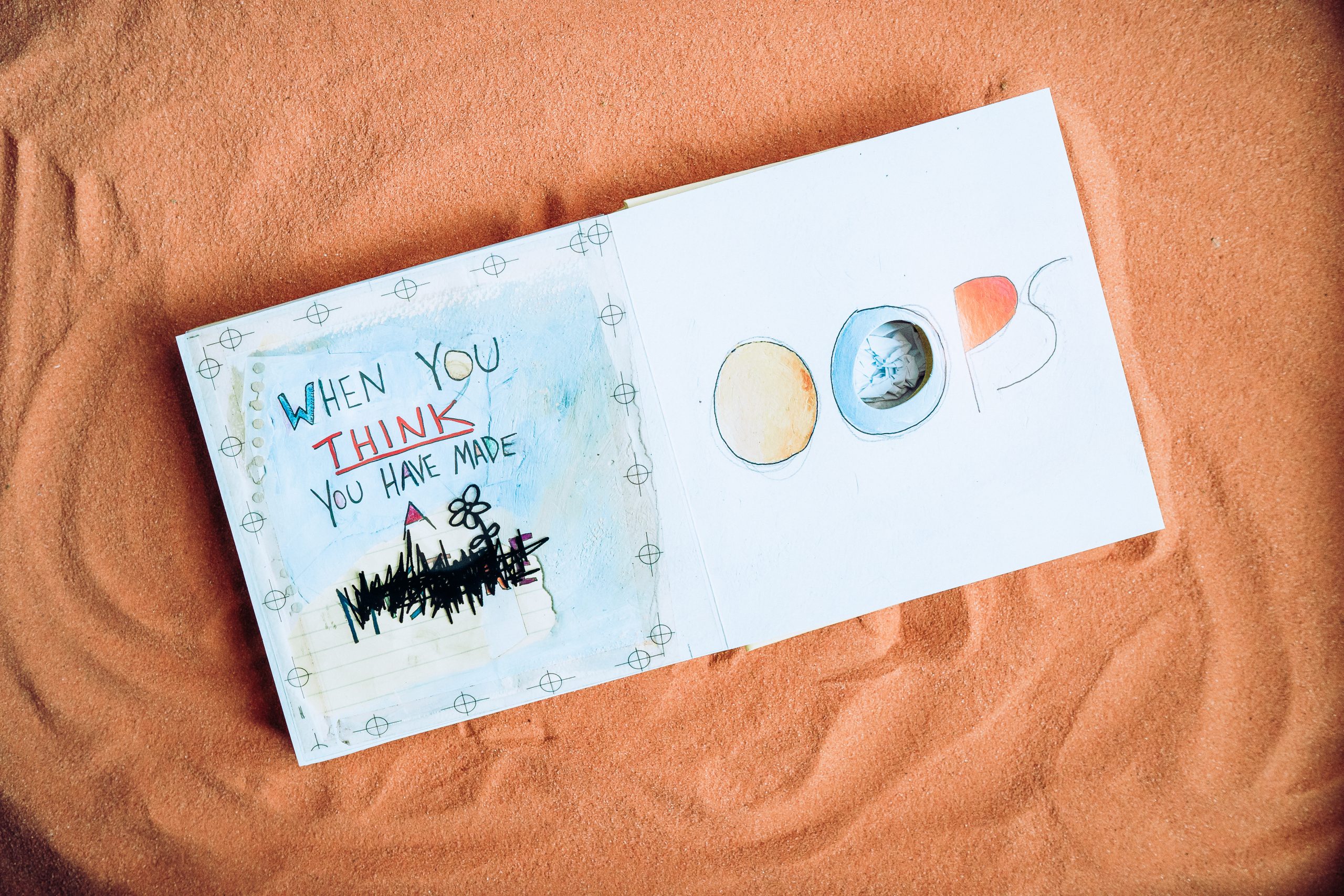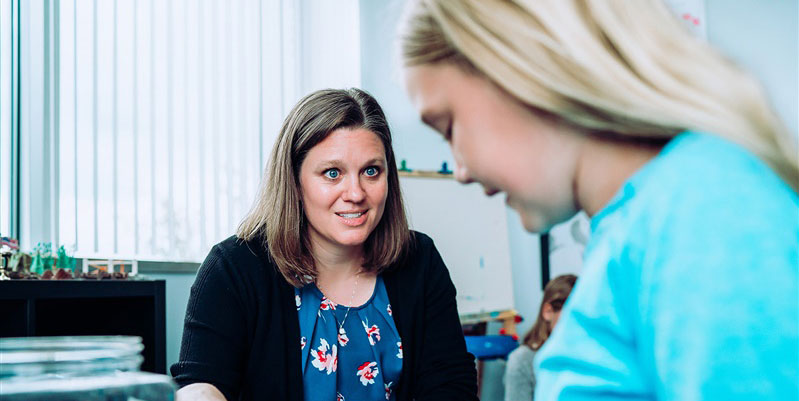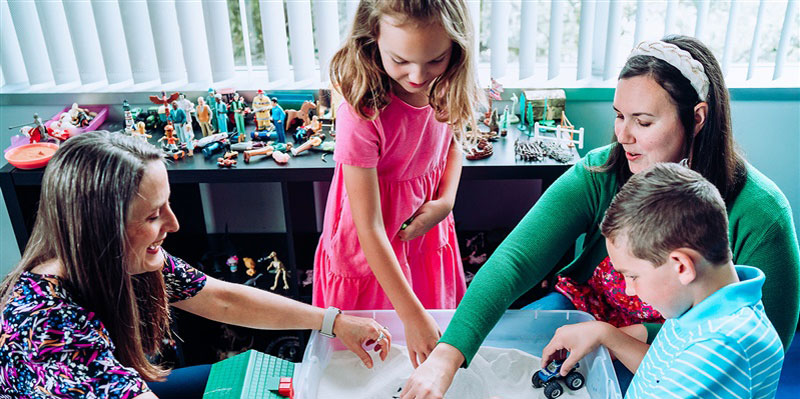
Child Counseling in Play Therapy
In-person or virtual counseling in north Fort Worth to meet your unique needs.
Open days, evenings, and weekends to meet your availability.
For children, play is their language and way of expressing themselves to others.
The CCFAM Play Therapy Difference
We have Registered Play Therapist™️ Supervisors on our staff who are credentialed with the Association for Play Therapy. Each of our play therapists have obtained or are pursuing certification to become a Registered Play Therapist™️ under these supervisors. Our owner also owns Play Therapy Training Resources, a continuing education provider for the Association for Play Therapy. Our play therapists have access to these trainings at no cost to benefit all of the families we serve through CCFAM.
At CCFAM, we value understanding each caregiver’s perspective on how a child’s experiences and needs are impacting their relationships and behaviors. We use play therapy to build a trusting relationship with each child and join with caregivers to provide resources and support for home and school.
What is Play Therapy?
As adults, we often talk or write about our thoughts, feelings, and experiences. For children, play is their language and way of expressing themselves to others. The toy a child chooses in the playroom and their play with that toy demonstrates their thoughts, feelings, and experiences. For that reason, toys used within the playroom are carefully selected for the purpose of providing a way for a child to express what otherwise might go unexpressed or unnoticed. The child’s play allows the therapist to go into the world of experiences that the child brings with them.
How Does Play Therapy Work?
During a play therapy session, the therapist observes specific themes that emerge. A play therapist may verbalize a thought or feeling occurring in play for the child, use the theme as a metaphor to help the child confront difficult issues, or use the theme to help the child rehearse new ways of interacting with others. The approach of the therapist is determined by the age, maturity, and issues a child may be dealing with in their life. All of these approaches are helping the child to: have healthier relationships, learn to take responsibility for their behavior, identify negative patterns or behaviors that need to be replaced, learn more effective coping skills, better social skills, and gain self esteem.
What to Expect in Play Therapy Services?
The first session will be a parent meeting to discuss the child’s background, current issues, and the child’s needs. The therapist and parent will work together to determine how current issues are impacting daily life. The second and third sessions are focused on the child for the therapist to build a relationship with the child. The fourth session is usually a parent meeting after the therapist has met with the child. This meeting allows for discussion of the plan for counseling, possible resources that may be available, and to give the parent direction on changes that can be implemented at home to help their child with accomplishing the goals of counseling. Subsequent sessions are with the child to continue working on goals. After the initial sessions, the therapist or parent will schedule parent meetings when necessary.
What Do I Ask My Child After Play Therapy Sessions?
After a play therapy session, a parent can ask a child about the session, but should not pressure the child to give information. Some children will tend to share every detail while others may be guarded in sharing information. Therapy is a safe place for a child to work through their struggles. It is important to respect the needs of your child regarding their willingness to share information and for therapy to remain a positive experience. For children who are more guarded, parent meetings can be scheduled on a consistent basis to inform parents of therapy progress.
How Long Will My Child Be In Play Therapy?
After a play therapy session, a parent can ask a child about the session, but should not pressure the child to give information. Some children will tend to share every detail while others may be guarded in sharing information. Therapy is a safe place for a child to work through their struggles. It is important to respect the needs of your child regarding their willingness to share information and for therapy to remain a positive experience. For children who are more guarded, parent meetings can be scheduled on a consistent basis to inform parents of therapy progress.
Play Therapy
An average number of play therapy sessions needed for change to occur in a child’s life is 10-14 sessions. Some children need fewer sessions while others may need more due to the child’s attitude or behavior, persistent difficulties at home or school, and other stressors that may be occurring in the child’s life. The initial checklist the parent brings to the first appointment will be used through the counseling process to determine improvement in the child’s behavior and symptoms that may still be present. The child will move to biweekly or monthly appointments as goals are being accomplished to maintain progress that has occurred.
We are here to help





